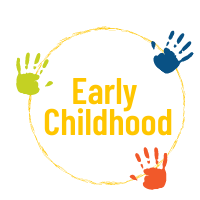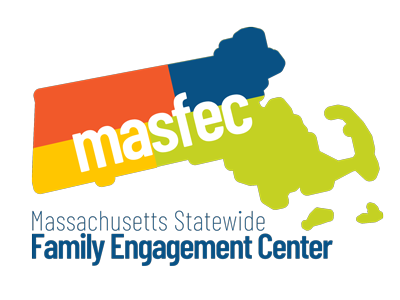Known by some as the holiest month of the year, Ramada commemorates the month when the holy scriptures were revealed to the Muslim people. Although perhaps best known for its prescribed fasting from sunup to sundown, Ramadan is designed to be a month for self-reflection and spiritual revival, when Muslims all over the world have an opportunity to reconnect with their faith, regardless of whether or not they choose to fast. Regardless of your religious background, Ramadan is an opportunity for you and your child to learn about Islam, and to articulate what values are important to you and your family.
Although perhaps best known for its prescribed fasting from sunup to sundown, Ramadan is designed to be a month for self-reflection and spiritual revival, when Muslims all over the world have an opportunity to reconnect with their faith, regardless of whether or not they choose to fast. Regardless of your religious background, Ramadan is an opportunity for you and your child to learn about Islam, and to articulate what values are important to you and your family.
Here are some activities you and your children can do together to learn about Ramadan – and about each other.
- Learn about the moon – Ramadan begins and ends with a sighting of the crescent moon. During the month of Ramadan, track the moon’s phases with your child, drawing them on a calendar or in a notebook. When you’re looking at the moon at night, share any family traditions you have around the moon or the night sky. What are your favorite folktales about the moon? What do you see in the moon: a man, a rabbit, or something else entirely? What holidays do you celebrate that are determined by the lunar calendar? These might include Diwali, Holi, Lunar New Year, Passover, Sukot, or Easter.
- Cook and eat together – During Ramadan, those who fast eat twice a day: before the sun rises, and after the sun sets. The morning meal is called suhur, and the afternoon meal is called iftar. Muslims all over the world have different traditional foods that they eat during these meals, depending on the region they come from, and their family’s customs. This month, prepare and eat a morning or evening meal with your child. Cook a dish that is special to your family and talk to your child about why it is special. What types of ingredients do you use? Where in the world do these ingredients come from? Why is this dish important, and what stories does it tell? Talk to your child about how eating together is an important way for families to pass on traditions, and to get to celebrate their histories.
- Read together – During Ramadan, many Muslims read verses from the Quran, the Muslim holy book, together. This makes Ramadan a great month to read poetry with your child. (As a bonus, April is national poetry month!) During the month of Ramadan, pick out poems to read to each other. These can be rhyming picture books, verses from religious texts, or age appropriate pieces by poets you love. Islam has a wonderful poetic tradition, so this would also be the perfect time to introduce your child to Muslim poets from all over the world. Together, talk about the meaning of what you’ve read. If you have time, you could even write some poetry together.
- Give to charity – One of the five pillars of Islam requires Muslims to give a certain percentage of their earnings to the poor. While this can be done at any time of year, Ramadan is supposed to be an especially powerful time to do good deeds, so many families give a large portion of their charity – called zakat – during this month. Work with your child to give a portion of their allowance and / or a small amount of money you give them to a charity of their choice. What causes are important to your child and your family? What can they do to help their community? Use this donation as a way to start a larger conversation about how your family can make the world a better place.








